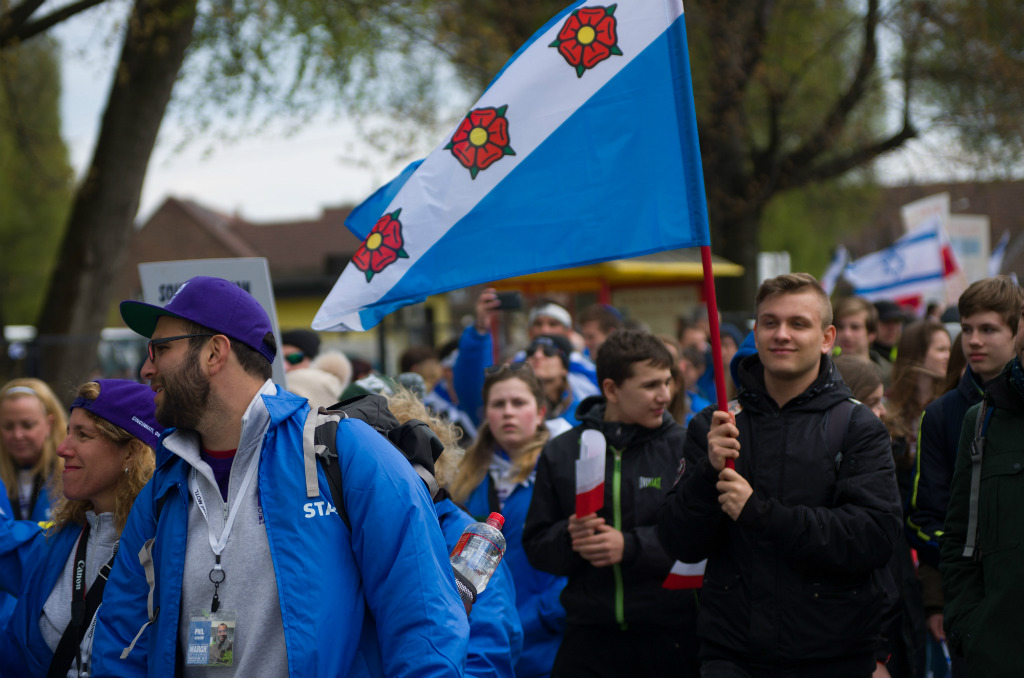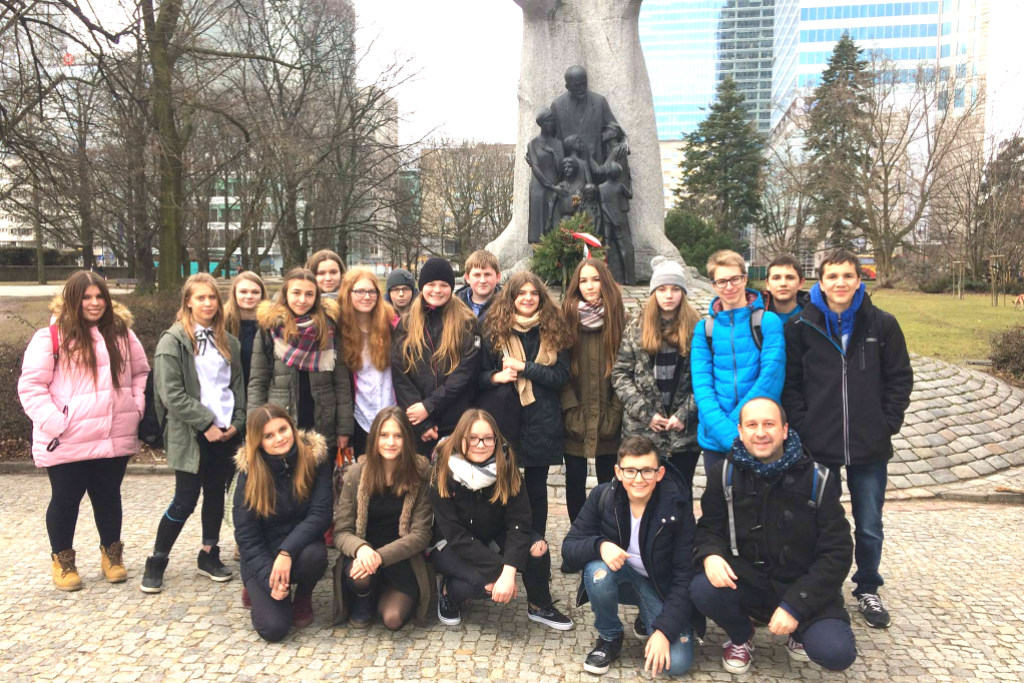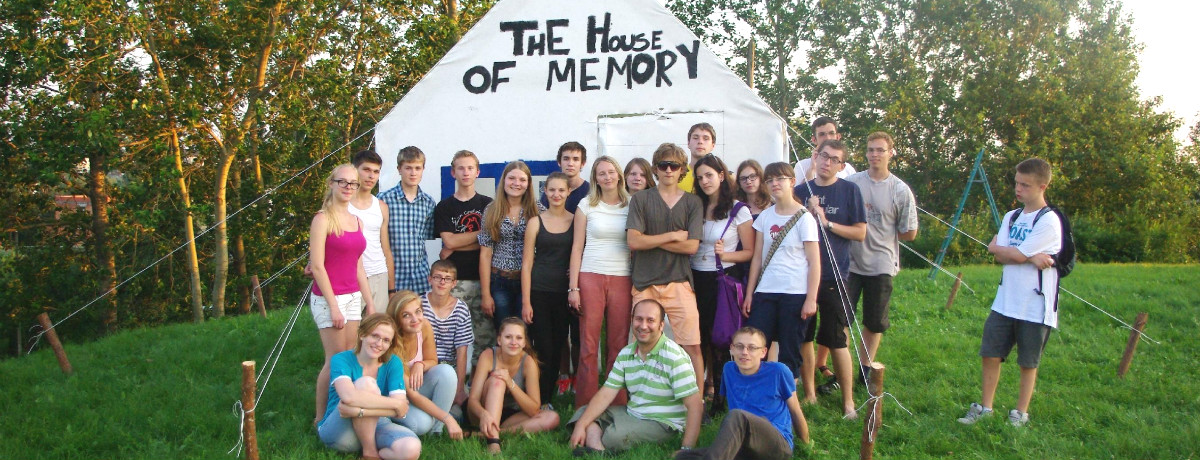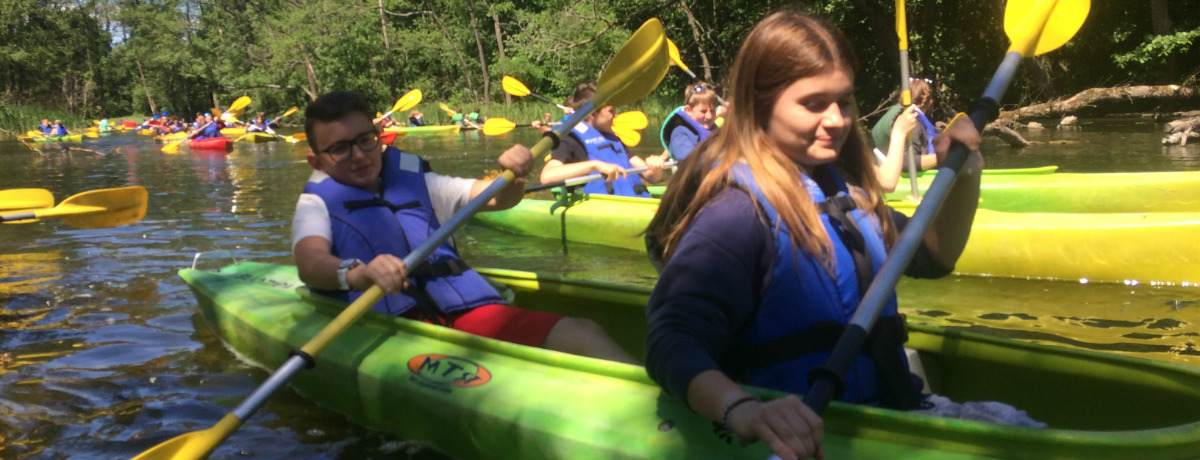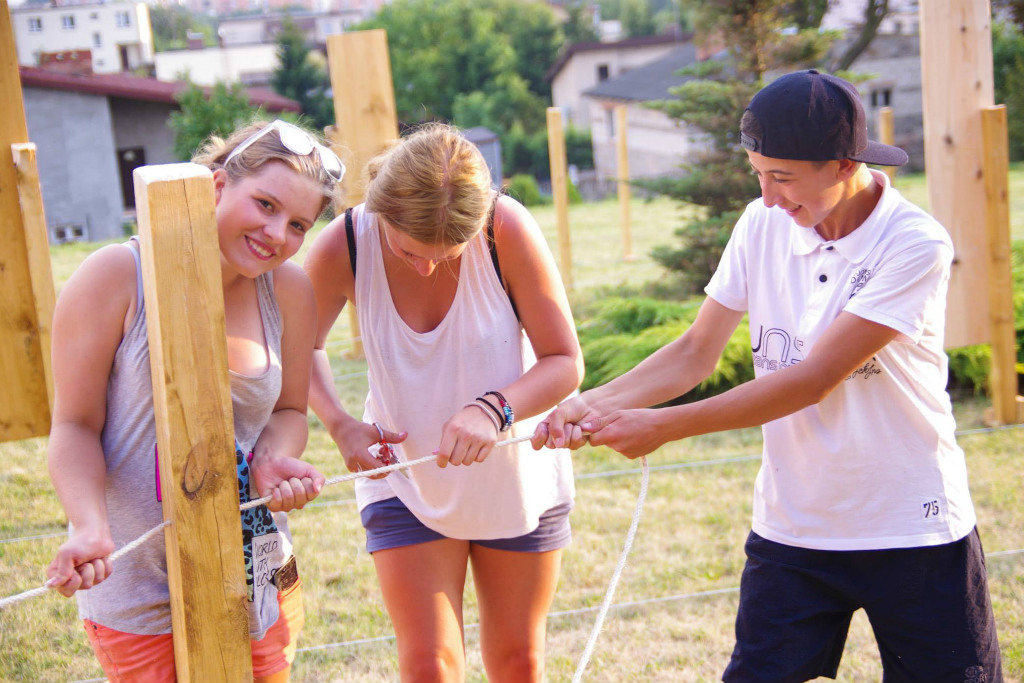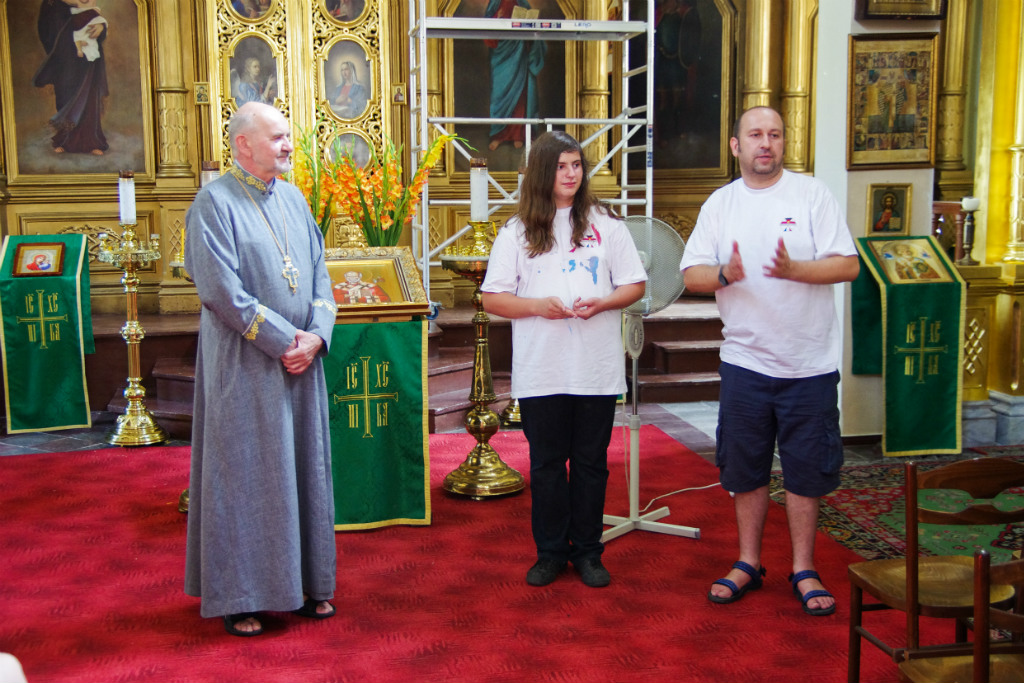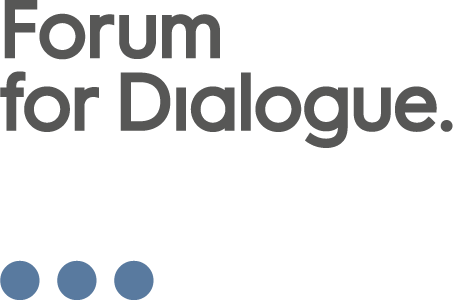Murowana Goślina is a small town in Wielkopolska Region. Before the war, the town had an important Jewish community with its own quarter, synagogue and cemetery, living aside Poles and Germans. Rabbi Adolf Wiener was born here in 1812. The Jews were involved in trade, they were members of the town council and supported the volunteer fire brigade. Unfortunately, World War II led to their physical annihilation and disappearance from the collective memory of the inhabitants of Goślina. There are only a few who remember about their Jewish neighbours – and there is no tangible „reminder” in the public space about those who perished. Only two matzevot survived and the remaining ones were used to pave the roads. So when, after graduating, I returned to my home town as a teacher, I decided to bring back the memory of Jewish heritage and the Jewish inhabitants.
Jakub Niewiński
Murowana Goślina



